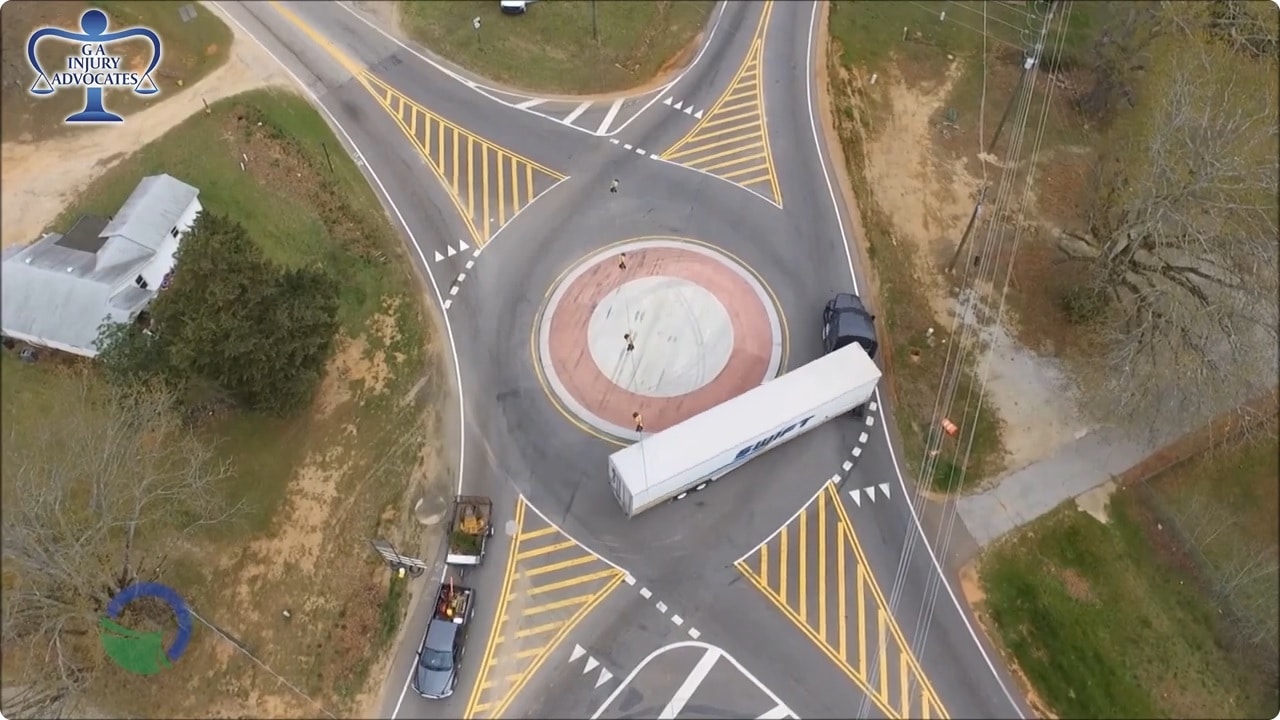As we move further into the 21st century, the legal landscape surrounding personal injury law is undergoing a transformation driven by rapid advancements in technology.
The legal world is rapidly evolving, and nowhere is that more apparent than in the field of personal injury law. As new technologies continue to impact our daily lives, they are also reshaping the way attorneys investigate, build, and argue injury claims. From AI and automation to wearable health tech and autonomous vehicles, today’s personal injury cases are more complex—and more data-driven—than ever before.
The Intersection of Technology and Personal Injury Law
Traditionally, personal injury cases involved straightforward questions of negligence and liability, often relying on eyewitness testimony, police reports, and expert evaluations. Today, however, cutting-edge technology is revolutionizing how injuries occur, how evidence is gathered, and who may be held accountable.
For instance, wearable devices like smartwatches can now provide real-time health data that could support or challenge claims about physical trauma. Meanwhile, smart city infrastructure and connected vehicles are creating new types of data that attorneys must learn to interpret. These technological shifts demand that legal professionals stay up to date not only with laws but also with the innovations influencing how people work, drive, and live.
Injured in a Car Accident?
Satisfied clients: 4.8 star +Google Reviews
To learn how we can help you with your case, please contact us.
Driverless Cars: A Game-Changer for Transportation and Liability
A prime example of technology’s impact on personal injury law is the rise of driverless cars. Self-driving vehicles promise to reduce human error, which is the leading cause of traffic accidents. However, they also introduce significant legal gray areas.
When an autonomous vehicle is involved in a crash, determining who is at fault becomes more complex. Is it the car’s owner? The vehicle manufacturer? The software developer who programmed its decision-making algorithms? Or all of the above?
Accidents involving driverless cars create new questions about liability that personal injury attorneys must be prepared to address. Additionally, these vehicles collect an abundance of data—camera footage, GPS logs, system diagnostics—that can be used as evidence in a case. Attorneys must understand how to access and interpret this data to advocate effectively for their clients.
Preparing for the Future of Personal Injury Litigation
As we look ahead, personal injury law will continue to be influenced by technological advancements. Attorneys will need to develop not only a deeper understanding of new tools and platforms but also a keen sense of how these innovations impact liability, negligence, and compensation.
Whether dealing with a client injured by a faulty medical device, a rideshare accident involving an AI-powered vehicle, or a claim backed by digital health records, modern personal injury lawyers must be ready to embrace change.
Driveless Cars: Who’s Responsible for Accidents?
🚗🤖 Driveless Car Accidents Are Going to Shift the Liability to Manufacturers and Software Developers As driverless cars become more common, liability in accidents is shifting from drivers to manufacturers and software developers. Learn from Injury Attorney Ramiro Rodriguez, Jr. from Georgia Injury Advocates. Let’s get in touch to review your case! Call us now... [Read More]The future of personal injury law is digital, data-driven, and dynamic
At Georgia Injury Advocates, we are committed to staying ahead of these trends so we can continue to provide exceptional legal representation for every client. If you’ve been injured and believe technology may play a role in your case, don’t hesitate to contact us for a free consultation.
6 Things You Should Do After a Car Accident
Before an accident, get this FREE guide on steps to take to protect yourself.
GA Injury Advocates
Latest posts by GA Injury Advocates (see all)
- TRUST is Our Core Value ⚖️💙 - November 6, 2025












